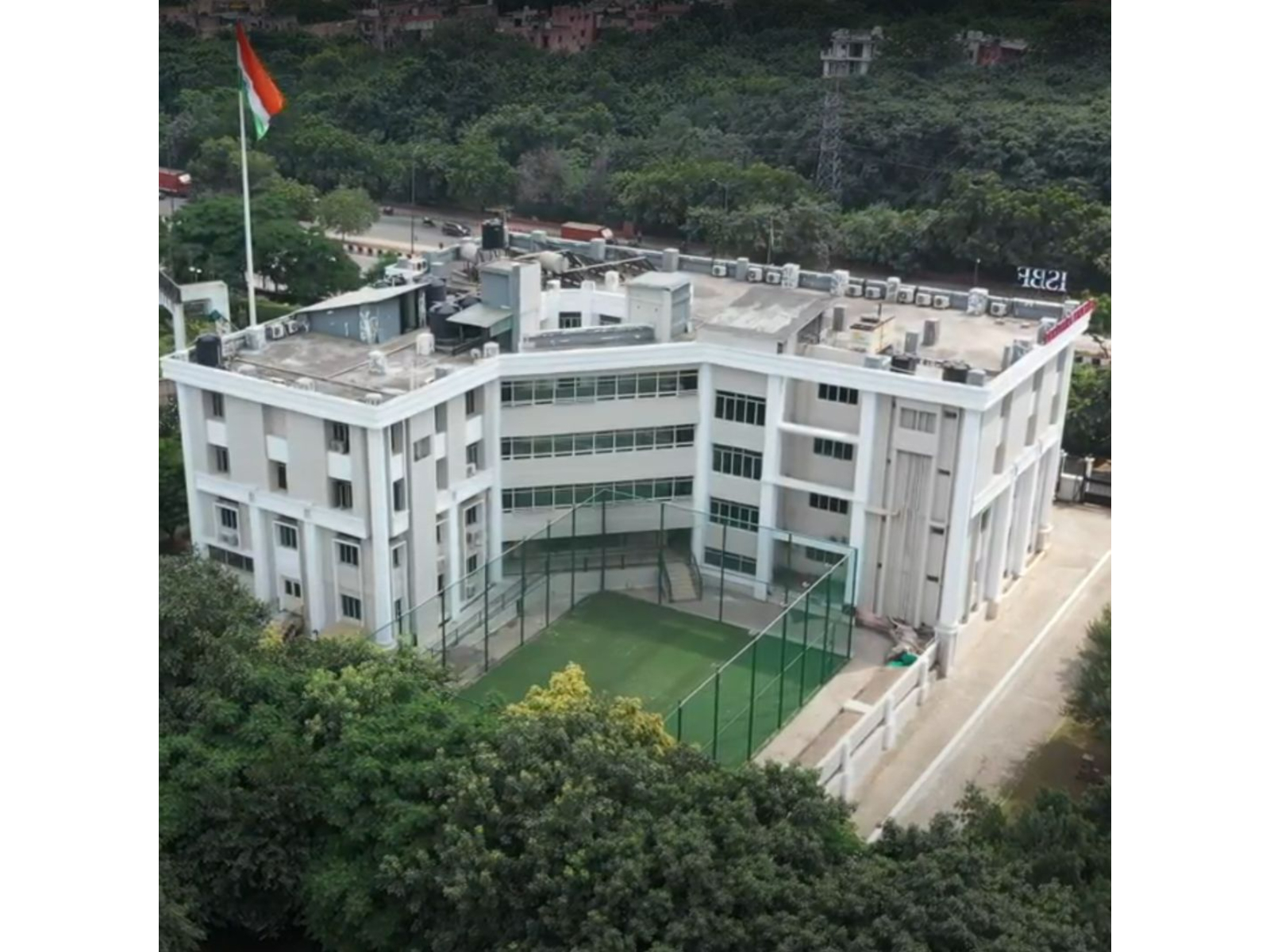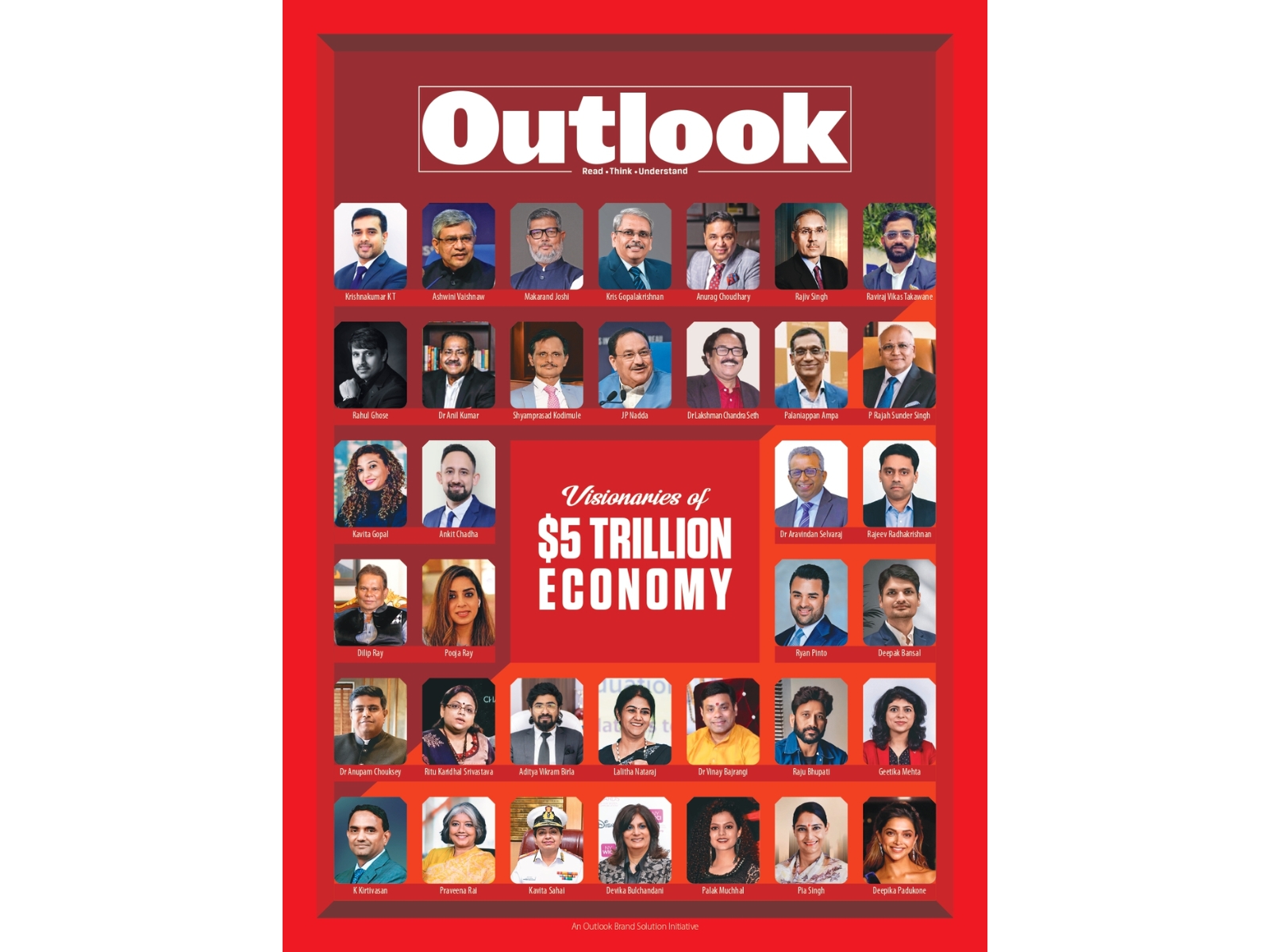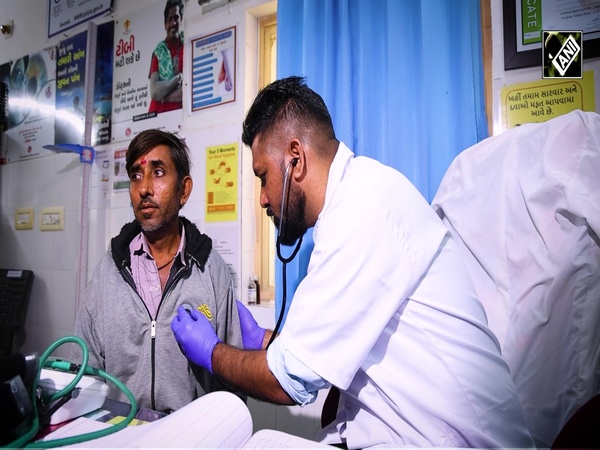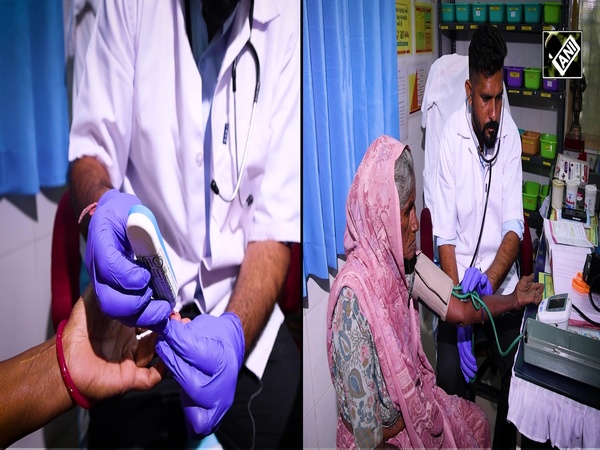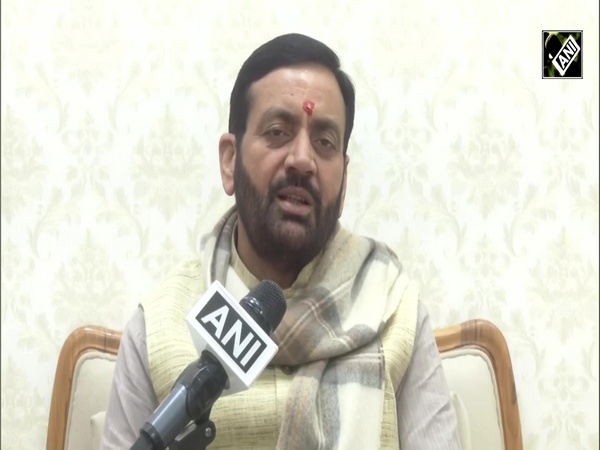Asian demand missing from global recovery: S&P
Feb 04, 2021

Singapore, February 4 : Asia Pacific is managing the pandemic well but the health and economic effects have been far tamer in the region than elsewhere in the world, S&P Global Ratings said on Thursday.
The region's slack domestic demand and reliance on exports can restrain its recovery and inflame trade tension with the West, it said in a report titled 'Asia, We Have A Demand Problem.'
"The popular narrative is Asia is leading the recovery and digging the world out of a big hole," said S&P Global Ratings Asia Pacific chief economist Shaun Roache.
"This is not quite right. Demand from the rest of the world is helping Asia out of the hole. This is mainly due to cautious Asian consumers."
The region contained death rates due to Covid-19 to 81 per million people in early February compared with 1,066 in the European Union and 1,339 in the United States, according to the University of Oxford.
The decline in economic activity at the trough compared with pre-pandemic trend was less than elsewhere.
"We expect the permanent damage to output to vary but on average be lower than elsewhere at around 4 to 5 per cent of GDP. There are notable exceptions to this trend -- especially India," said the report.
Short, sharp lockdowns and policies designed to keep people employed including wage subsidies have limited job losses and fuelled a rebound in hiring. This will support household income as stimulus inevitably wanes.
Factory Asia has also benefited from surging export demand. The story is well known. Work-from-home measures have boosted electronics demand, consumers have switched some spending from services to goods and demand for health-care equipment has risen.
Meanwhile, sluggish domestic spending especially compared with rest of the world is forcing up Asia's current account surplus. "We estimate the region's surplus with the rest of the world has risen above 3 per cent of GDP from well below 2 per cent before Covid."
The US Treasury recently named Vietnam as a currency manipulator, and China, India, Japan, South Korea, Malaysia, Singapore, Taiwan and Thailand are all on the watchlist. Rolling back tariffs on China may be harder and more countries may also be at risk of being labelled currency manipulators.
Roache said until Asia starts pulling its weight in the demand recovery, global growth will fail to live up to its potential.
"The recovery will remain over-dependent on stimulus and consumers in Europe and the United States. Asia may see persistent economic slack, low inflation and a steady turn lower in expectations for revenue growth for some firms," he said.
